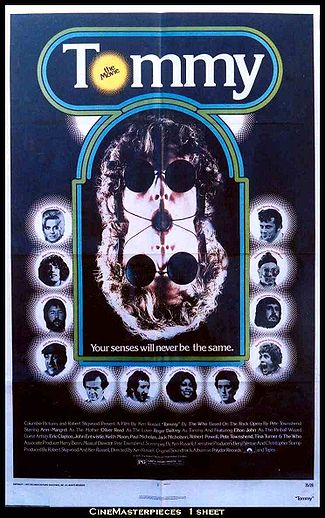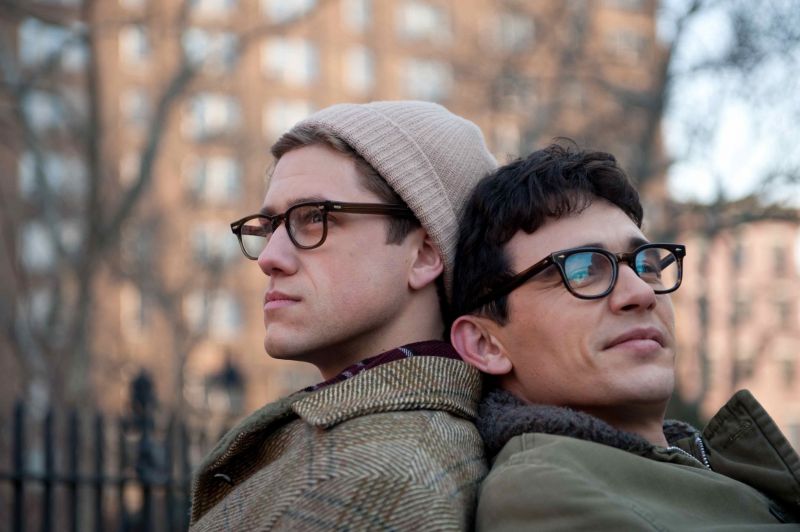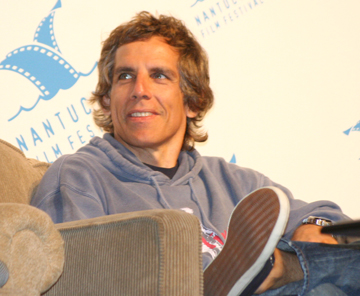
Of the many questions Alexander Payne's Nebraska raises about American individualism, the most urgent is, How to rein in Bruce Dern's unruly grey hair? On deeper reflection, the answer has to be: you don't. That wiry growth is his mane.
Dern plays Woody Grant, a grizzled Midwesterner whose driving privileges and lucidity have gone the way of the mustang. Woody has been bucking for the cause of freedom as far back as the Korean War. Now freedom's frontier cuts through Lincoln, Nebraska, where the Montana resident believes a million-dollar sweepstakes prize -- and the independence it'd buy him -- are his for the taking. First and foremost, it'd bankroll the truck he has long coveted.
Try as he might, Woody's son David (Will Forte) can't convince the boozy old crank that the whole prize thing's a sham. As much to establish a connection with his dad as to settle his own lonely heart, "Davy" takes time out from selling electronics to drive Woody to his manifest destiny. Along the way, they make a stop in their native Nebraskan hamlet, where the shadow of the Grant clan looms thickly across the heartland. We're in solid Payne territory here, a soybean's throw from the birthplace of the TV dinner.
As Payne recalled at the New York Film Festival press screening, veteran cinematographer Haskell Wexler likened Phedon Papamichael's black-and-white work on Nebraska to a moving Ansel Adams photograph. But just imagine the garishness that would have registered in color.
It's often grumbled about Payne's prairie portraits such as About Schmidt and Omaha that he condescends to his folksy subjects. Working off a screenplay by South Dakota-reared Bob Nelson, Omaha-reared Payne claims his birthright to ferment the tone. If Payne were less deft at extracting comedy, his commentary might be too stacked to avoid sinking into a lament.
There is pointed social criticism in Nebraska's parody of what has become of the pioneer family ethos. Take for example the scene in which Woody and Davy reunite with the extended family. Davy's cousins can't get over what a pokey driver their wussy visitor is. For them, the true measure of a man is his car's odometer -- who rides the fastest horse -- though judging by their beefy girths lord knows when they last hulked from the den couch to the garage.
As the film clouds over, kin and kith alike lay claim to Woody's prospective fortune like so many vultures swarming the rural skies. Individual greed will plow through these hallowed bonds and leave the myth of small-town cohesion in tatters.
Yet if the film is prone to smirking, it also revels in small kindnesses. An especially tender one comes from Peg Nagy (Angela McEwan) at the local newspaper. As Woody's former sweetheart, she has stories for Davy that enable him to better understand and accept his dad: that he was shot down in Korea; that he was "always a little confused"; and that he swooned over Davy's spirited mother Kate (a show-stealing June Squibb). Like Davy, we can't help but take heart in Peg's considerably more romantic version of his parents' relationship than Woody had earlier imparted. (On why he wanted kids with Kate he'd explained, "I liked to screw and she was Catholic, so you do the math.”)
Peg's generosity helps set off the climax's redemptive act and gives us the nod for associating "Davy" with "Crockett." Spoiler alert: With his filial gift of a truck, our junior pioneer hero chalks one up for selflessness. Yet, this being a Payne film, irony gallops apace. As the elder Grant drives triumphantly down Main Street, he makes his son hide from sight. This may be Woody's last chance to run wild across the Great Plains. However much longer the old stallion has, this is no time for the family to trump the individual.





























